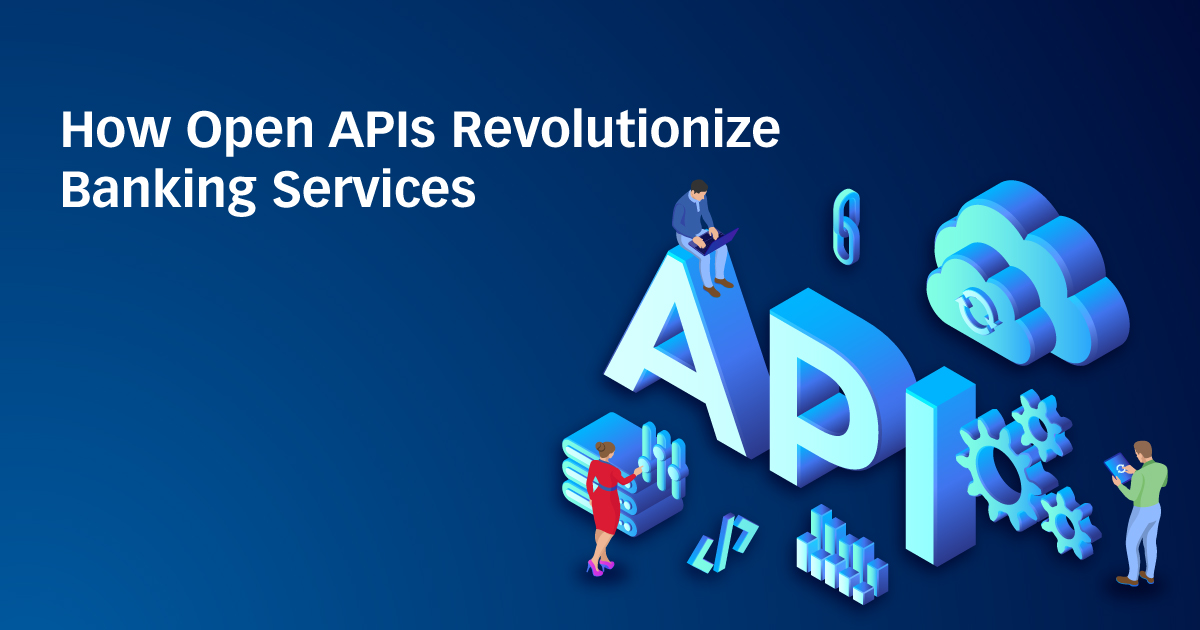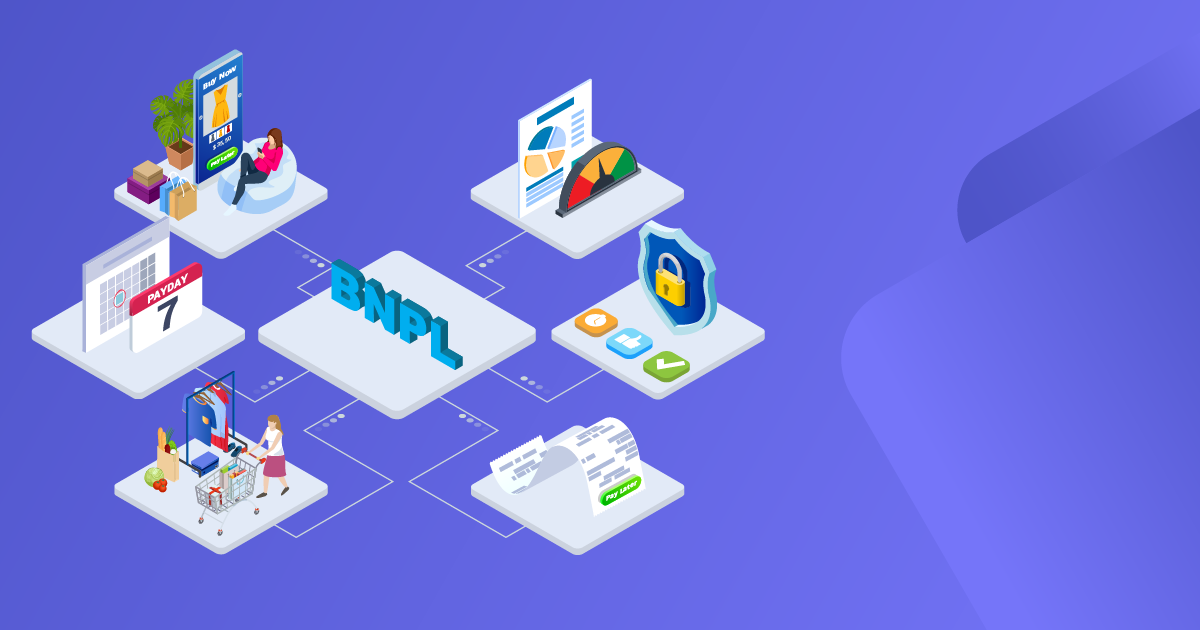

Banks have been known traditionally to rightfully implement closed internal systems in order to serve their customers’ day-to-day needs. These systems include core banking systems, accounting systems, customer relationship management systems among many others. Many of those systems were there before the internet as we know it today existed, while many others were purposefully designed to be closed systems with the aim to reduce technical and financial risks associated with software solutions.
Accordingly, many of the systems installed at banks, including payment systems, offered little possibilities for interfacing with third-party applications. However, with the rise of fintechs during the last decade, and their desirability among widespread customer segments, banks felt the need for change in order to save their huge investments in their underlying infrastructural and technological assets, as well as attract and retain customers.
As such, banks had to transform their closed systems into open platforms that allow other fintechs, payment service providers and any third party to seamlessly connect to their banking services to be able to offer customers with new and improved financial services.
The obvious approach for banks was using and implementing Application Programming Interfaces (APIs) to expose their internal system functionalities to the outside world, an underlying communication and collaboration channel already widely in use by fintechs. And while APIs were also mandated by new banking channels such as corporate and mobile banking, it opened new doors for banks to offer an innovative generation of channels.
At the same time, we have been witnessing the rise of a new concept in the banking industry; open banking. Open banking provides greater financial transparency to consumers through the use of open APIs that enable third parties to build applications and services around the financial institution. While deemed by many banks as a disruptive financial service that enables fintechs to access their customers’ information, it is in fact, more beneficial than disruptive.
This is because early adapter banks that have already put their APIs in place and embraced open banking, are already reaping the benefits of providing massively competitive services than those offered by fintechs. Some of these early adapters also went the extra mile to partner with fintechs and offer even more innovative, unique and attractive services to customers. With these new market requirements and changes, banks also had to change their lengthy traditional way of introducing new products and services in their underlying infrastructure, so agility was required to provide enhanced and innovative services in a quick time-to-market in order to successfully compete.
It is with no doubt that the adoption of open APIs by banks has been significantly helpful in competing with fintechs and introducing new banking services in a timely and cost-efficient manner. APIs have allowed banks to become more agile and responsive to customer needs; a necessity in today’s marketplace. It is now up to each bank to decide how to best utilize those APIs and thrive in a landscape that is becoming more competitive by the day.






